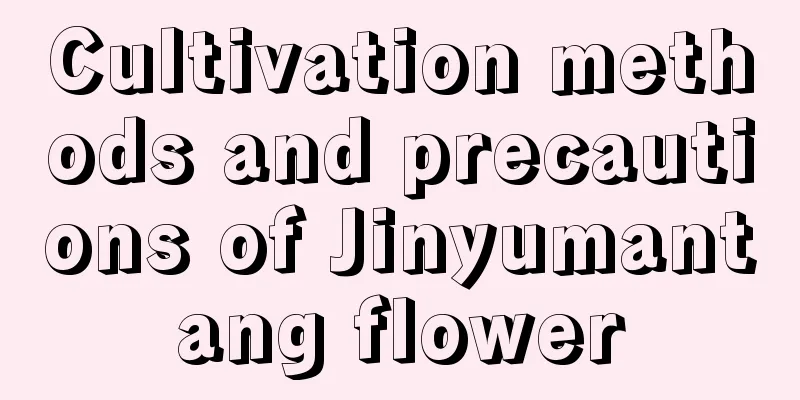Cucumber high yield fertilization method

|
In recent years, cucumber cultivation has performed well in terms of economic benefits and market potential. Cucumber cultivation is mainly divided into two modes: greenhouse cultivation and open-air cultivation. Regardless of which method is used, in addition to selecting excellent varieties and conducting proper pruning management, fertilizer management during the cucumber growth process is also crucial. Scientific and reasonable fertilization methods are the key to achieving high cucumber yields. Let’s learn together about the method of fertilizing cucumbers for high yield. 1. Key points of fertilization during cucumber growth 1. Deep application technology of urea The demand for nitrogen fertilizer reaches its peak before cucumbers set fruit. When applying nitrogen fertilizer, deep application should be adopted to avoid surface application as some vegetable farmers do to save labor. The latter will cause ammonia produced when urea volatilizes, which will damage the leaves and reduce the effectiveness of the fertilizer. 2. Avoid fertilizing on rainy days Cucumber fertilization should be avoided during continuous rainy weather, especially in the pre-fruiting stage. Applying fertilizer at this time, especially nitrogen fertilizer, can easily cause the cucumber to grow too vigorously, which is not conducive to flowering and fruiting, and may increase the risk of diseases and pests. 3. Use decomposed organic fertilizer Many cucumber farmers now prefer to use organic fertilizers. When applying organic fertilizer, always make sure it is fully decomposed. Uncomposted organic fertilizer may cause root and seedling burns, and may cause pests and diseases such as root-knot nematodes, posing a serious threat to cucumber growth. 2. Types of fertilizers to avoid when growing cucumbers The process of growing crops is similar to cultivating talents. Taking cucumber as an example, in order to ensure its normal growth, flowering and fruiting, suitable growing conditions must be provided, including soil, temperature and water. Especially when applying fertilizers, it is necessary to avoid using fertilizers that crops hate the most. Cucumbers are particularly sensitive to chlorine-containing fertilizers. If chlorine-containing fertilizers such as ammonium chloride and potassium chloride are applied during the growth process, it will seriously affect the accumulation of sugar in the cucumber, resulting in a worse taste and reduced fruit quality. At the same time, chlorine-containing fertilizers are not conducive to root development and will weaken the resistance of cucumbers. Therefore, chlorine-containing fertilizers should be avoided when applying top dressing. The above are the key points of cucumber fertilization. Fertilizing cucumbers is not just about applying a single type of fertilizer. The amount, type and time of fertilizer are all very important.
|
<<: How to pot peony, the best time to repot potted peony
>>: Can I fertilize the peony after repotting? How to manage the newly potted peony?
Recommend
How to water gardenia
1. Watering method When watering gardenias, the m...
How to grow jasmine
1. Breeding environment 1. Soil: When growing jas...
How to prune wintersweet in summer
1. Pruning method 1. Leggy branches: When pruning...
How to grow radish on the balcony
1. Variety selection: Choose radish varieties tha...
How to grow Begonia in spring
1. Sufficient water Spring is an important growin...
How to grow the succulent Jade Butterfly into an old pile
Choice of Clay Basin If you want to grow plants, ...
Lentil planting time and method
Lentil planting time The most suitable temperatur...
How to grow hyacinth hydroponically
1. Operations before hyacinth hydroponics 1. Add ...
Do rose potted plants like water? Are they water-loving plants?
Do rose pot plants like water? Rose potted plants...
How and when to plant beans without a rack
Planting time for beans without frame Frameless b...
Does Sedum sedum prefer shade or sun?
Does Sedum sedum prefer shade or sun? Sedum sedum...
Vanda orchid care tips
Vanda orchids need sufficient sunlight, suitable ...
How long is the growing cycle of Chinese cabbage?
Chinese cabbage growth cycle The growth cycle of ...
Where does water chestnut grow? Where does it mainly grow?
Growth habits of water chestnut Water chestnut is...
What is the best month to plant gourd?
When to plant gourd Gourds are usually planted in...









